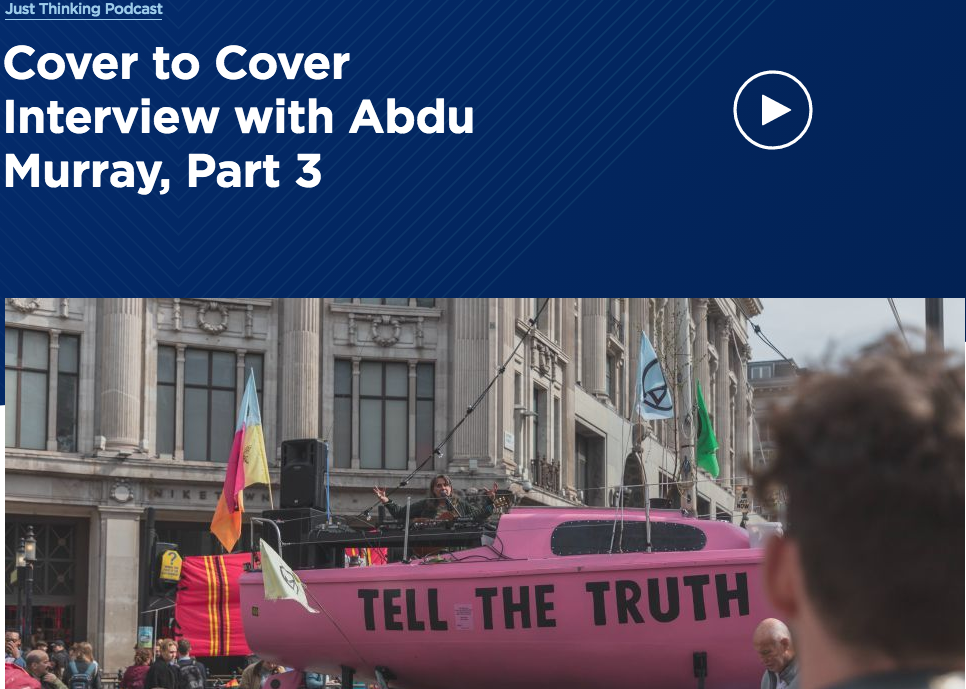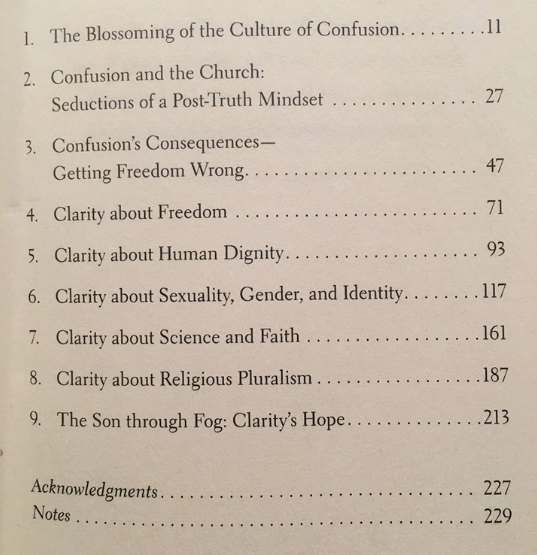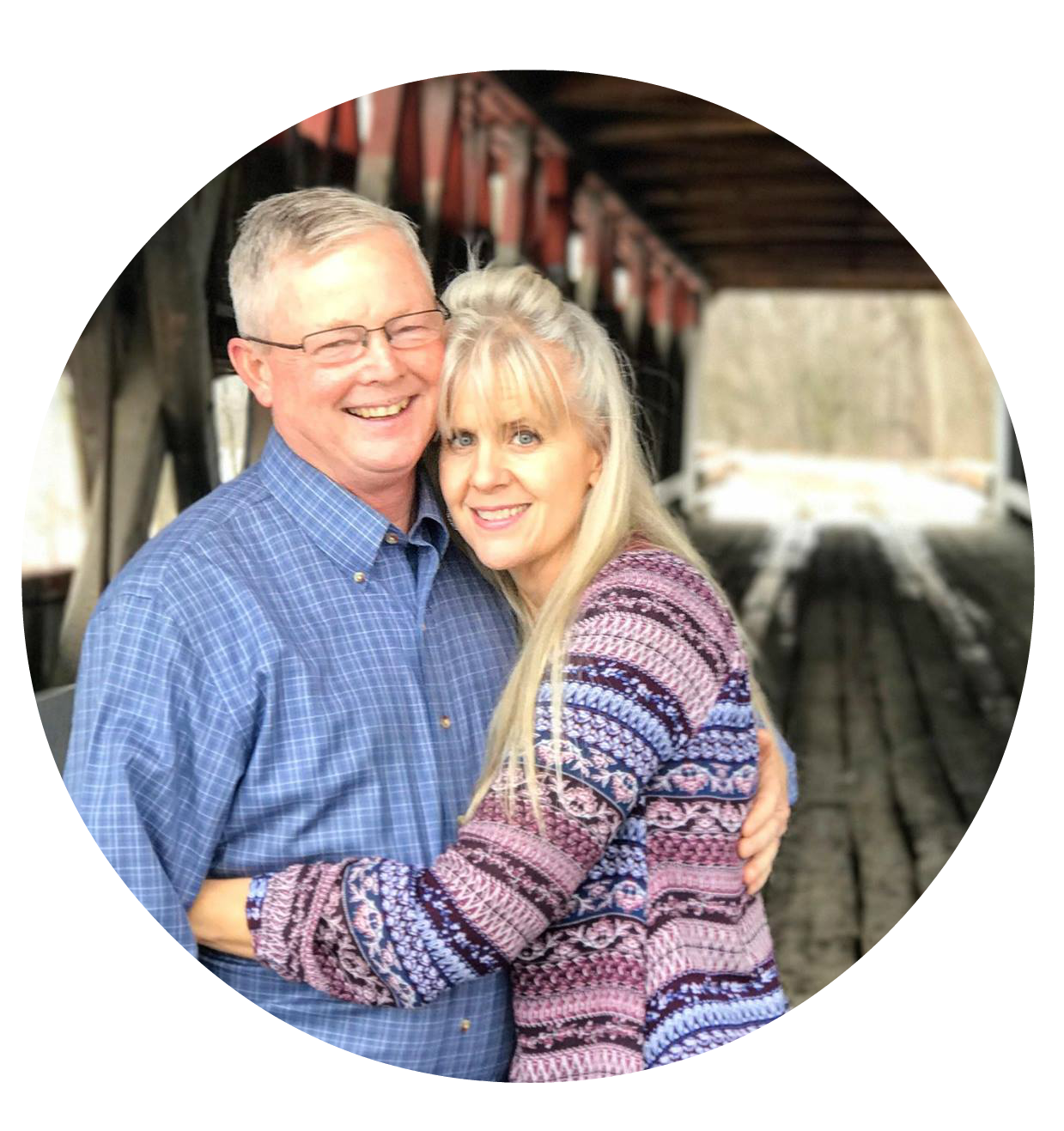Is it possible to know truth? Does the current culture even care about facts and logic anymore? How are your kids navigating through all the societal mores they are confronted with?
My daughter was recently working with several students on a project at college. She was explaining to the group the requirements for the project. One of her classmates responded, “Kristen, what you say is 100% truthful and correct, but I don’t care… I don’t feel like doing it that way.”
That is a simplistic example of a “Post-Truth” response. A post-truth culture is one that elevates feelings and preferences over facts and truth. People acknowledge truth exists but subordinate it to their preferences. There are tremendous implications in a society where the natural out workings of this mode of thought is lived out. We can see those implications all around us. We now live in what author Abdu Murray calls, “A Culture of Confusion.”
The compilers of the Oxford English Dictionary annually select a word that captures the culture’s current mood and preoccupation. In 2016, they selected ‘post-truth” as the “Word of the Year”. That got the attention of lawyer and Senior Vice President of RZIM, Abdu Murray. His thought was, “If that is where we are, we are in trouble.” He thus put pen to paper to author “Saving Truth: Finding Meaning and Clarity in a Post-Truth World”.
What do you when people know that truth exists, but simply don’t care? You give them facts and arguments, and they say they understand, but their preferences matter more? How do we navigate and affect the culture around us when logic no longer matters?
Our ability to reason becomes significantly impaired once we start putting personal preferences over factual truth claims, and indeed, causes our culture to become increasingly confused.
Abdu addresses all these questions, and answers them in a way that upholds that no matter our differences, we are all made in the image of God. He cares deeply on how people think and how they come to their beliefs and is sensitive to those differences throughout the book. Being an attorney, he has a love for how logic, evidence and solid argumentation can help the reader examine some of the most pressing issues in our culture, and come to a logically consistent tautology.
This interview gives a great overview of the book:


#Forti-fy
 s.
s.
I am follower of Christ, a sinner saved by grace, trying to walk in the sweetness of life – resting in the strength of the triune God, who fortifies me daily with His righteousness, loving kindness and holiness of spirit. Read full bio here.

